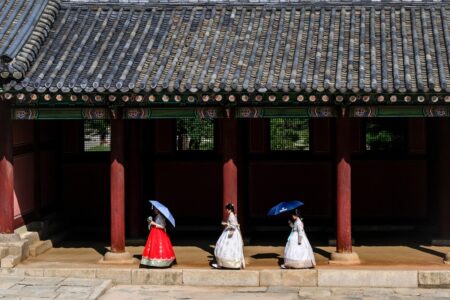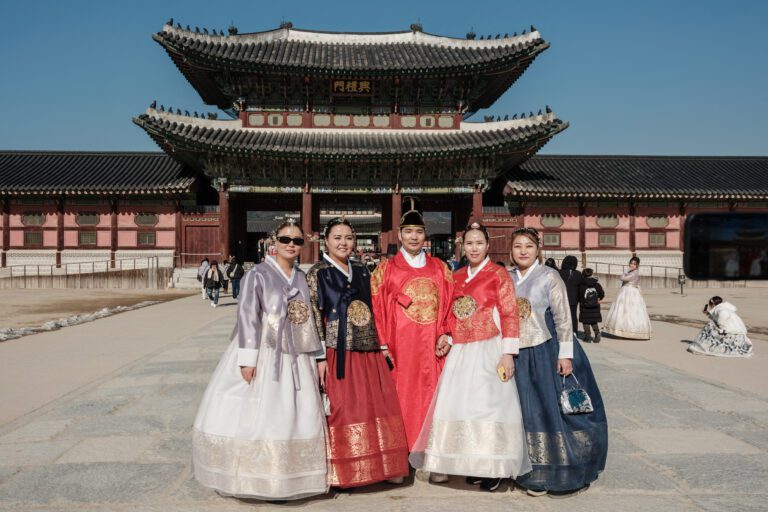
Some students regret choosing a particular country for their study abroad experience.
Take me, for example. I was studying in South Korea for three years and then had to opportunity to travel to Japan to visit a couple of friends. The minute I stepped onto Japanese soil, I regretted choosing South Korea for university.
There wasn’t a particular reason, but the environment made me somewhat regret my decision.
This Reddit user, too, feels the same way, “I thought I would be in heaven on earth when I moved to Japan. Well, it wasn’t hell. However, I have come to realise that living in Japan isn’t suitable for me.”
A Quora user comments, “I had a terrible year in Boston. I’ve wasted my one year here, and now I’m crazily waiting to get accepted to another school in Europe. I felt like I never belonged there.”
Don’t get me wrong — this isn’t a hate piece about studying in South Korea. No country is perfect and this piece is just about me not wanting others to go about as blindly as I did when choosing one.
As uninformed as I was, I did have a great time studying a BA in Strategic Communications at The University of Utah Asia Campus — as did hundreds of other international students.
South Korea’s growing popularity among international students
In 2024, the number of international students hit 208,962, a 25% increase from 2022, the highest in 25 years, according to Korea Net.
The Ministry of Education hopes to capitalise on this growth — even announcing its Study Korea 300K Project, which aims to be one of the top 10 world-leading countries for study abroad and to attract 300,000 international students by 2027.
The country’s universities have many things working in their favour:
- Post-study work options: upon completing their studies, international students can remain in the country for up to three years to look for a job.
- Tracks to permanent residency: STEM graduates get to be fast-tracked for permanent residency, and those graduating from Korean universities will see the residency requirement for their permanent residency application reduced from six to three years.
- Great scholarships: the Global Korea Scholarship programme is being expanded to double the number of scholarships available for STEM students.
- Low visa financial requirement: international students in degree studies only need to have 20 million won (just under US$15,400) to get their visas — significantly lower than many other popular study abroad countries.
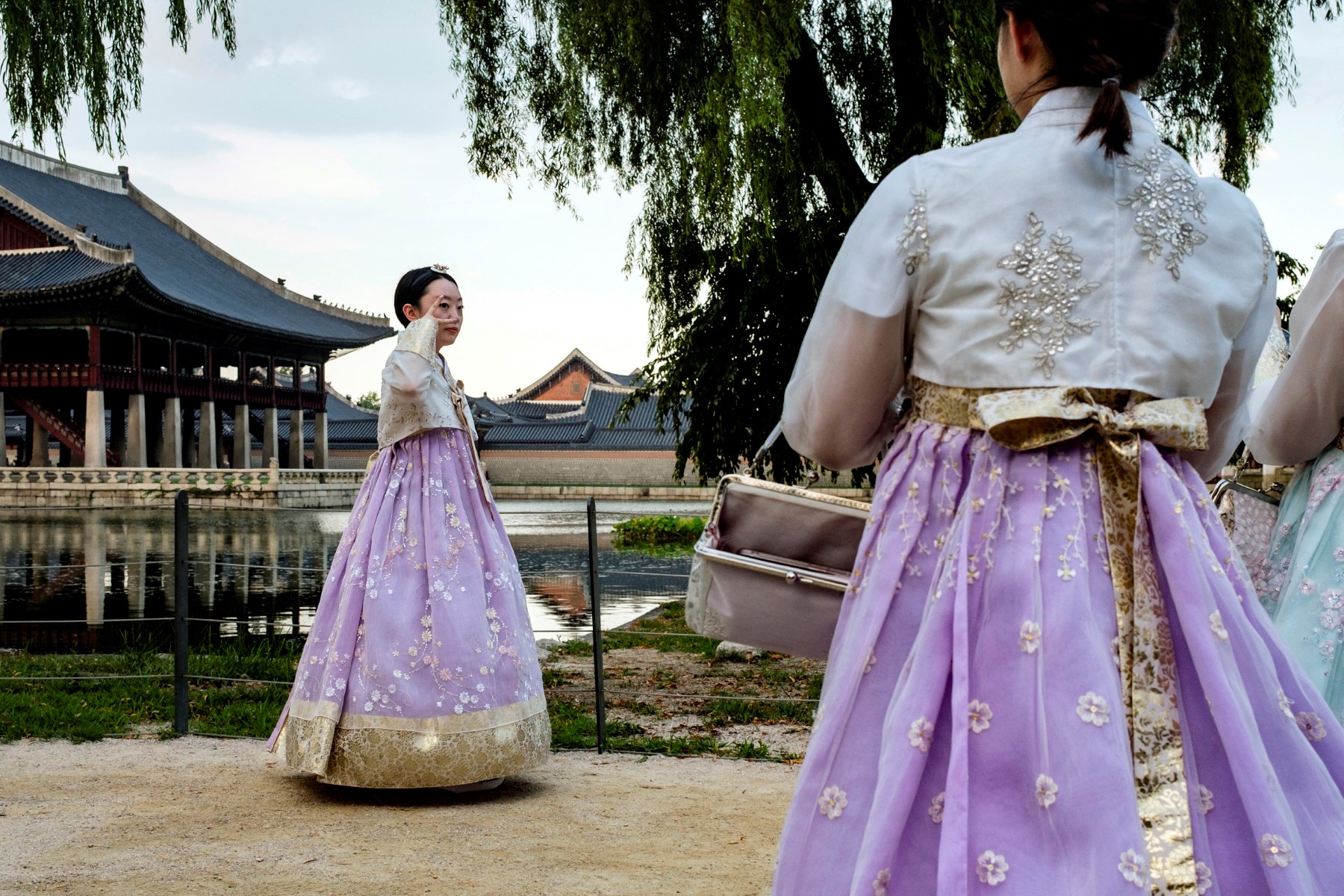
As with any other culture, South Korean culture is uniquely rich with its own colour and heritage. Source: AFP
Which country you choose to study at matters a lot. The above points are the obvious things to know but it’s just as important to know about the nuances.
I wished I’d read the fine print more so I’d know sooner that studying in South Korea is nothing like the Korean dramas and TV shows I love.
Like many things in the media, things tend to romanticise and oversimplify real life, and they don’t often portray the reality of what it’s like to be a foreigner in South Korea.
But real experiences from real international students do — which is why I reached out to students and graduates across the entire country to ask them what’s the one thing you wished you knew before choosing to study in South Korea?
10 things I wish I had known before studying in South Korea
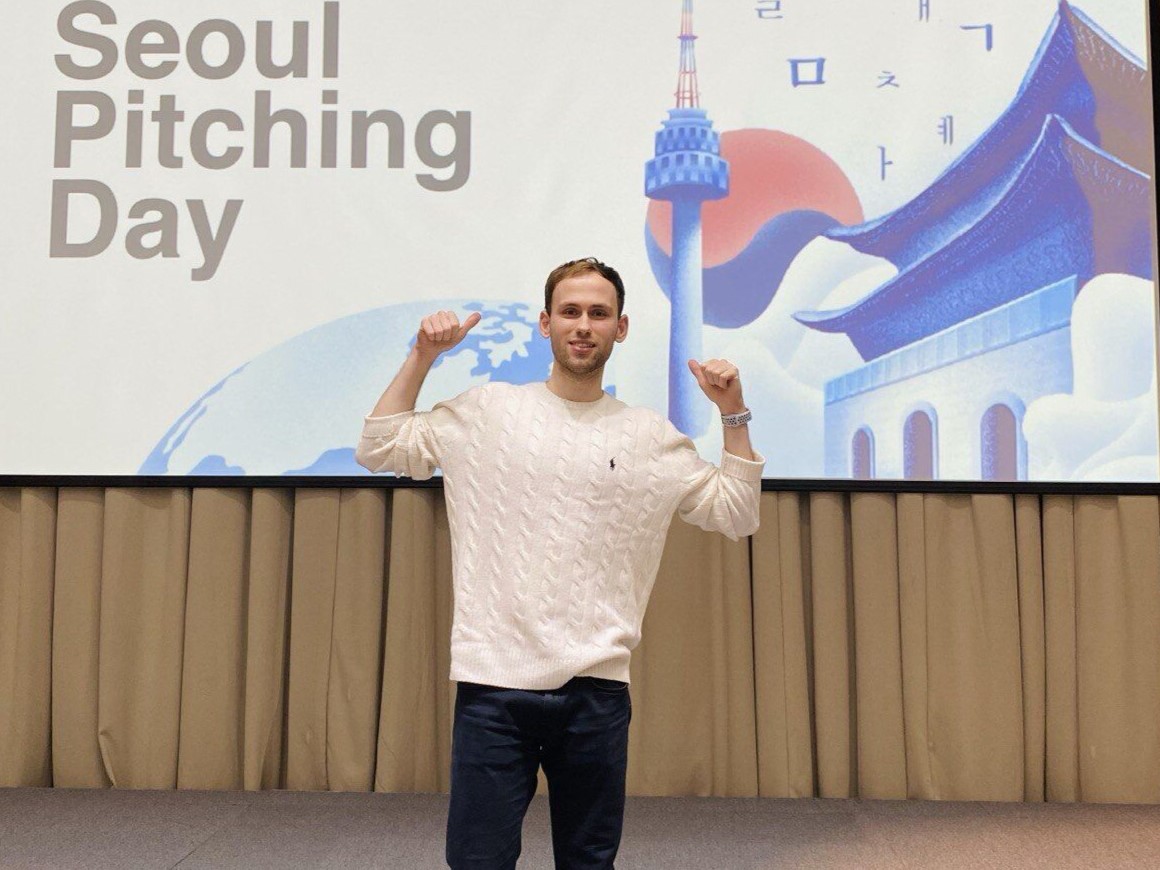
Genya Smagin, born and raised in Russia, has lived in South Korea since 2016. He first moved to the country with his twin brother, Oleg Smagin, to complete a degree in business administration. Source: Genya Smagin
Genya Smagin
Degree: Master of Business Administration (MBA)
University: Korea Advanced Institute of Science & Technology (KAIST)
At first, I always thought that I wished I knew about the job market and how the system works. However, later on, I realised that not knowing about it beforehand and only learning about it during the process is very rewarding and an interesting way to learn about the country.
If you already know, you are less curious. Also, you’ll be less likely to work hard to get the visa.
Another thing I wished I had known before studying in South Korea was to be fluent in the Korean language. If I had learnt it from the beginning and spoken it fluently, I would have felt more comfortable throughout my journey here.
Knowing surface-level English is acceptable in South Korea, but you must speak Korean to understand things more deeply or explore opportunities — it’s vital for professionals in any field.
Life in South Korea would have been much more manageable.
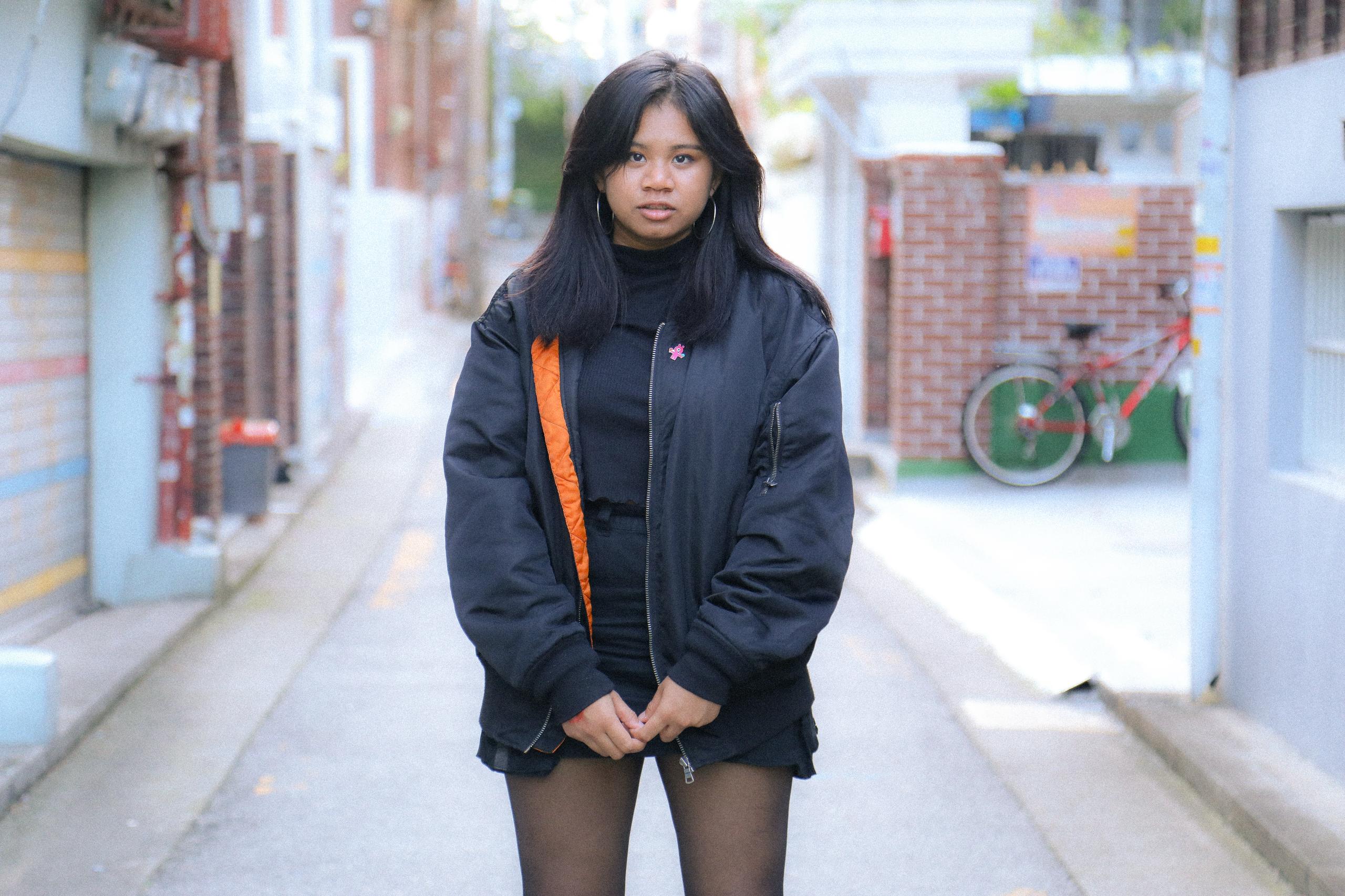
Nicole Chin, born and raised in Malaysia, moved to South Korea to pursue a BA in Film and Media studies; however, she decided to switch to a BA in Strategic Communications. She lived in South Korea for three years. Source: Nicole Chin
Nicole Chin
Degree: BA in Strategic Communication
University: University of Utah Asia Campus
I wished I had known about the subtle racism before studying in South Korea.
Born and raised in Malaysia to Chinese and Thai parents, I have slightly darker skin than other Chinese people. In Malaysia, my skin tone was never a problem; however, I wish I had known it would be an issue in South Korea.
The locals won’t verbalise it, but you’ll see it in their actions. I was returning to the dorms after a K-pop concert, and the train ride was busy. I managed to score a seat, but a few minutes into the ride, I noticed there was an empty seat next to me.
When I looked around, the train was packed, and the only available seat was the one next to me. That’s when I realised no one wanted to sit beside me. I heard someone muttering, saying they did not want to sit next to “that type” of foreigner.
Another incident was when an older man approached me and asked me where I was from. When I said I was from Malaysia, he told me I wasn’t. He then insisted that I was from the Philippines because no one from Malaysia had my “type of skin.”
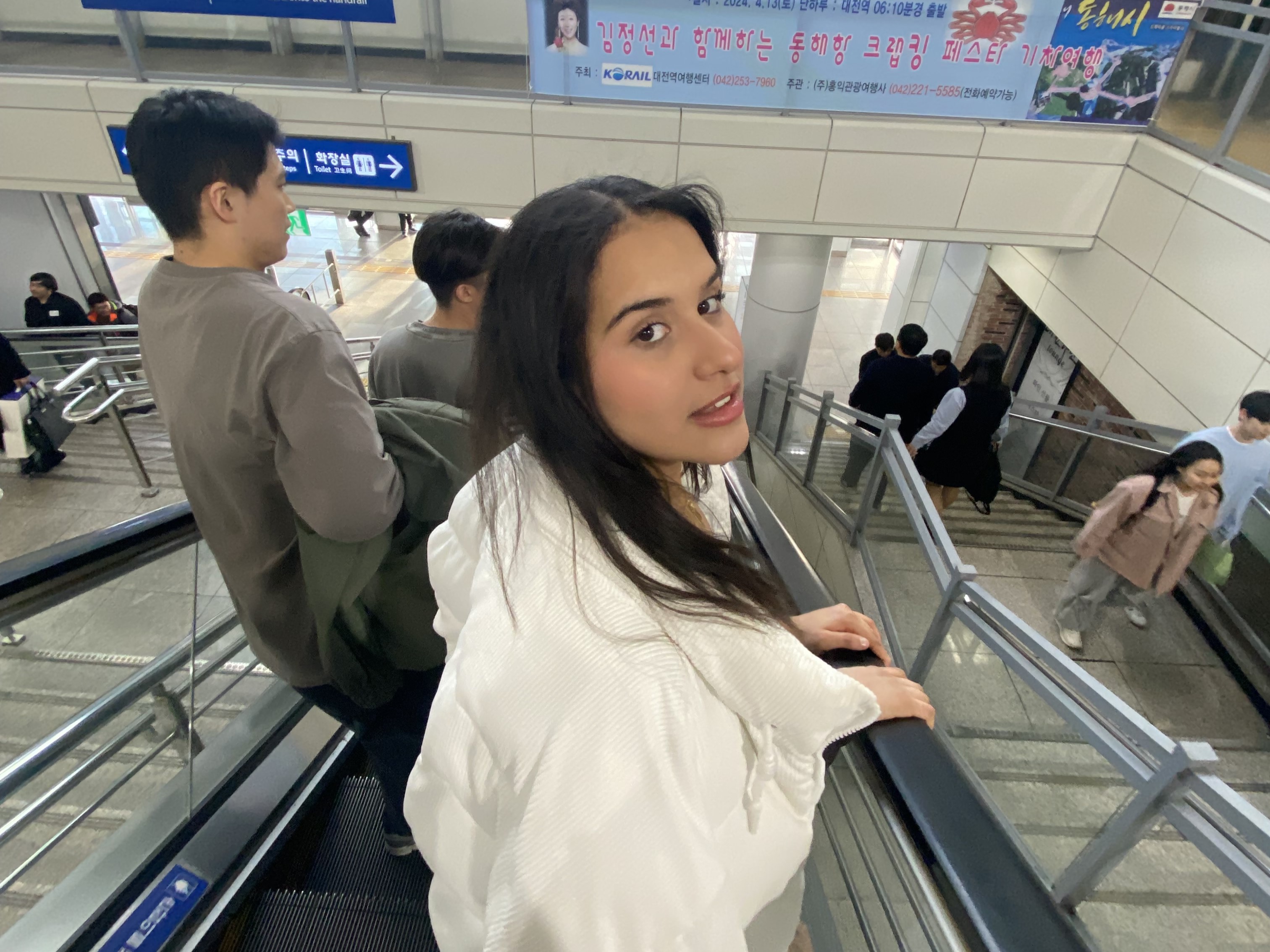
Hanna Ayake, born and raised in France, moved to South Korea at just 18 years old to pursue a business degree at SolBridge International School of Business. Source: Hanna Ayake
Hanna Ayake
Degree: Bachelor of Business Administration
University: SolBridge International School of Business
Cultural differences rarely surprise me. Still, when I started studying in South Korea, one thing that stood out to me was how common it was for people to leave their belongings unattended in cafés and restaurants.
I’ve seen this happen in K-dramas, but I never expected it to be so typical in real life. Even though I knew it was generally safe, I could never bring myself to leave my things unattended unless someone was watching them for me.
In every other country I’ve visited, they don’t trust strangers. Plus, I grew up in Paris, so pickpockets are everywhere. I think leaving your things unattended makes you the perfect victim.
In South Korea, they don’t seem to care.

Alisa Agus Salim, born and raised in Malaysia, first moved to South Korea to pursue a degree in graphic design. However, due to her love for Korean culture and language, she switched to a BA in Korean Language and Literature. Source: Alisa Agus Salim
Alisa Agus Salim
Degree: BA in Korean Language and Literature
University: Dankook University
Studying in South Korea made me realise it’s challenging to befriend local Korean students.
I thought it would be easy to interact, at least, but that’s not the case. Even if we were to participate in group assignments, it’s still hard to befriend them.
They’re not the kind to approach first — I had to try to approach them first and start conversations when we met. Despite putting in a lot of effort, I can’t say I have a group of Korean friends; they’re just acquaintances.
However, it was easier to make Korean friends through K-pop. I managed to befriend several while following Korean idols.

Born in Florida but raised in California, US, Kayla Watson graduated with an associate’s degree at 18, the same time she completed her high school diploma. She then moved to South Korea to pursue a Bachelor in Finance. Today, she’s an intern in a South Korean company. Source: Kayla Watson
Kayla Watson
Degree: Bachelor in Finance
University: Hanyang University
I don’t know if this is controversial, but I wish I had known it would be difficult to mingle with Korean students before studying in South Korea.
The Korean students would often mingle among themselves. I first realised it during the university festivals here. You would see them gathering together and sticking together throughout the festival; it’s rare to see a foreigner with them.
This extends out of the festivals, too. As a foreigner, you’re kind of an outcast in a way. But as soon as I learnt that that was the case, I became friends with other international students. I ended up just sticking around with other foreign or Korean students who have lived abroad.
They were more open-minded about being friends. They’ll be like, “Hey, let’s be friends,” or “Let’s go do this together.” But that’s only a tiny percentage of them who would happily approach you first and ask you to be friends. The majority of them wouldn’t want to talk to you.
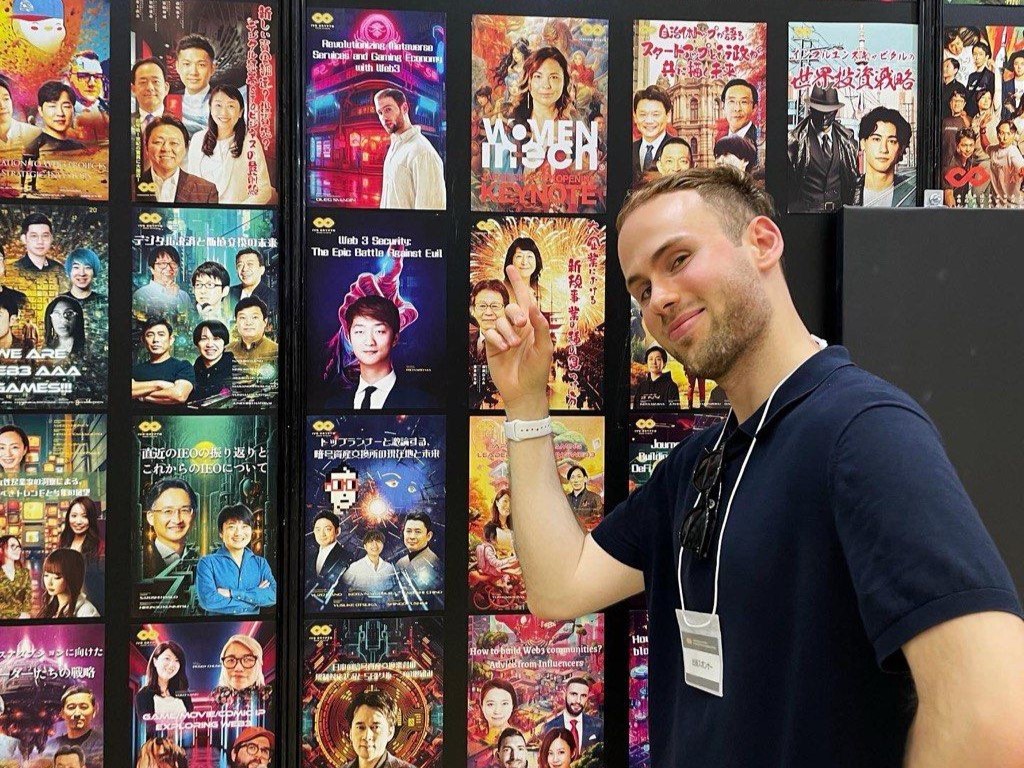
Oleg Smagin, alongside his brother Geyna, moved from Russia to South Korea to complete a Bachelor’s and Master’s in Business Administration. He is now a senior investment manager at a top gaming company. Source: Oleg Smagin
Oleg Smagin
Degree: Master of Business Administration (MBA)
University: Korea Advanced Institute of Science & Technology (KAIST)
I wish I had known more about the opportunities foreigners have and how to position myself in South Korea.
If your objective is to stay in the country long-term, you will need to understand how to set yourself up for success. Just because you attended a top school doesn’t necessarily mean that you’ll get the job you want.
The job opportunities for foreigners in South Korea are not at the same level as those for Koreans, and you need to know how to look for them. You’ll also have to think about what skills you’re good at and can better accelerate your career.
A misconception is that foreigners staying here will enter big companies like Microsoft and Google. People also think that global companies will hire more foreigners, but the reality is the complete opposite.
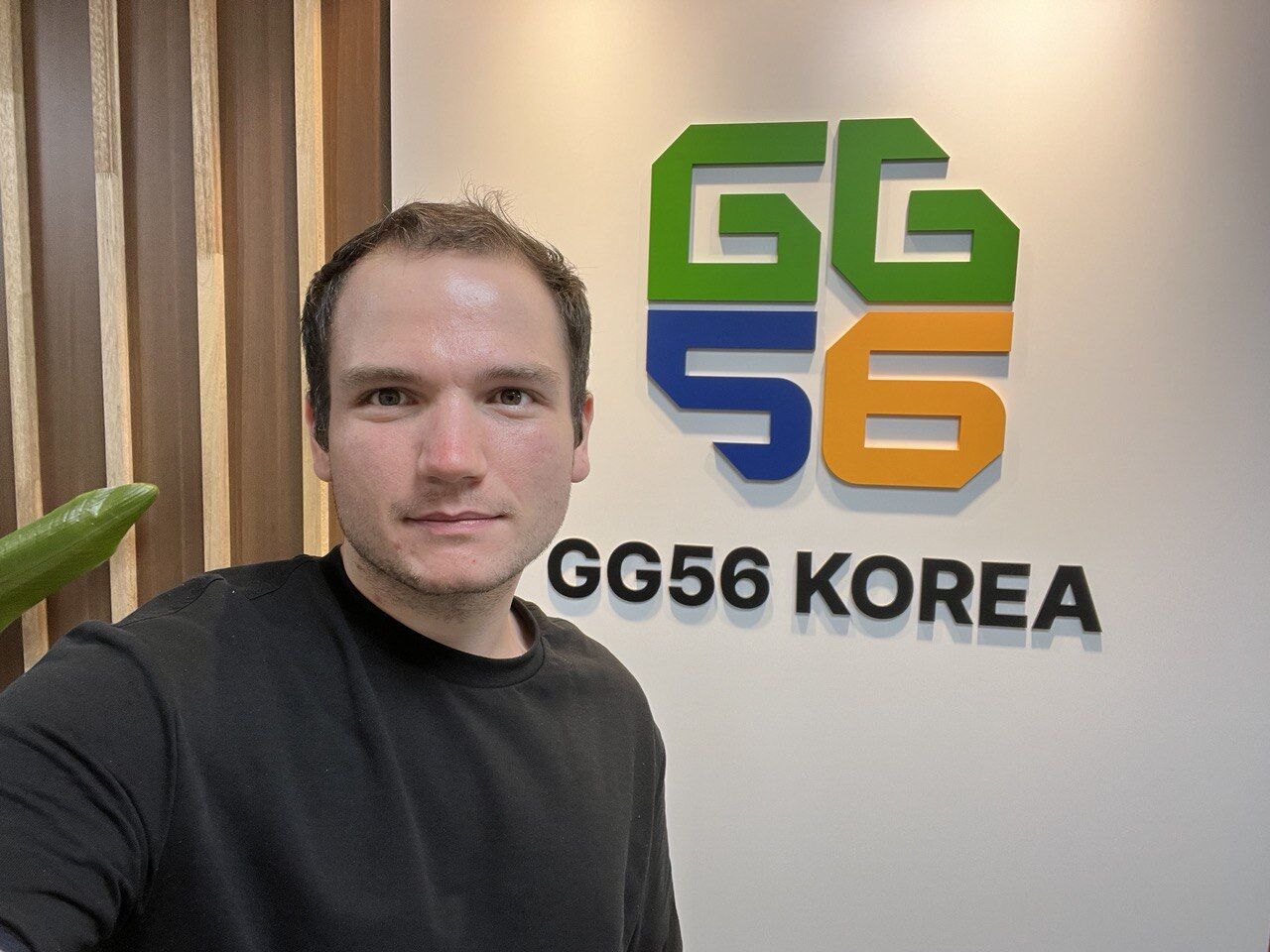
Born and raised in Belgium, Marc Breynart first started as a chef. He later decided to pursue a degree in foreign trade and later completed an MBA in South Korea. He is now a tech recruiter in Tokyo, Japan. Source: Marc Breynart
Marc Breynart
Degree: MBA in Korean and Asian Business
University: Hanyang University
I wish I had known how difficult it would have been when studying in South Korea.
You’re basically in a new country, and you don’t know the language or anyone. Plus, you don’t know what the education system is like and how it’s run.
So, I wish I had done a little bit more research into how things were going to be, especially how education is seen and perceived in South Korea compared to Belgium.
It would have helped me understand the process and its framework better.
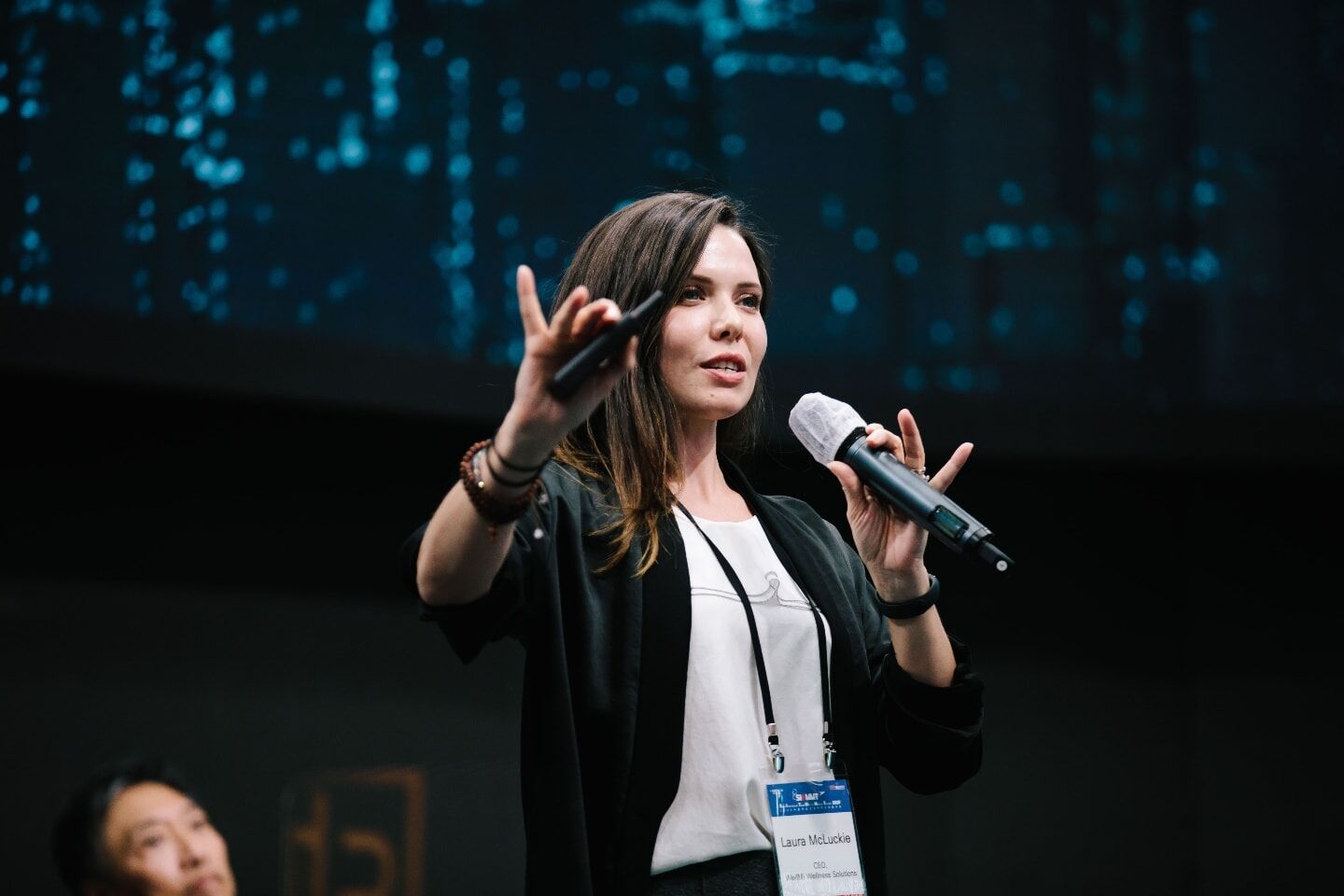
Born and raised in Edinburgh, Scotland, Laura McLuckie moved to South Korea in 2017 and has since completed a Master’s degree. She is now pursuing a PhD and owns a wellness company in Busan. Source: Laura McLuckie
Laura McLuckie
Degree: Master’s in Wellness Tourism
University: Youngsan University
I wish I had known how hard it would be to move halfway across the world, away from my culture, friends, and family. It would have been lonely, and I would have thought about leaving many times — but luckily, I’m stubborn and love adventures.
As great as having a new adventure in a beautiful country with kind, gracious, and wonderful people was, I felt very isolated.
My advice to anyone preparing to move to South Korea would be to prepare for the shock of being away from home and to join communities beforehand. You should reach out to people from your neighbourhood through social media. Also, mentally prepare yourself for the cultural immersion and learn some Korean.

Anis Mohd Amin is from Malaysia and moved to South Korea in 2016. She graduated in 2021 and has since returned to Malaysia to pursue her career. Source: Anis Mohd Amin
Anis Mohd Amin
Degree: Bachelor of Engineering in Computer Engineering
University: Chung-Ang University
For me, there are several things I wish I had known before studying in South Korea.
There’s no chilli sauce — it’s not a part of their meals, except for sweet chilli sauce. I eat everything with chilli sauce, and it’s common in Malaysia, but in South Korea, there isn’t any.
The next thing I wish I had known about is spitting. People spit everywhere. The thing is, it’s not just regular spit, but the full of phlegm spit.
Cults — they’ll approach you on the streets and try to be friendly with you at first, but next thing you know, they’ll be preaching to you or, worse, bring you to their “church”.
However, living in South Korea has perks, such as easy access to almost any part of the country by public transport, and you can leave your belongings in public for an extended period of time, and no one will touch them.










